Introduction
In today’s world, technology is transforming the way we experience entertainment, and one of the most revolutionary developments in the entertainment industry is Internet Protocol Television (IPTV). IPTV has redefined traditional television by providing a more flexible, efficient, and user-friendly way to access content. With a surge in demand for on-demand video content, IPTV services have become the go-to solution for millions of viewers worldwide. This article will delve deep into what IPTV is, its benefits, working mechanism, popular IPTV services, and the future of this technology.
What is IPTV?
Internet Protocol Television (IPTV) refers to the delivery of television content over the internet rather than through traditional satellite or cable formats. Unlike conventional broadcasting methods that rely on radio waves or satellite signals, IPTV uses a broadband connection to transmit digital television programming. This shift to IP-based television has opened up new opportunities for both service providers and users alike.
IPTV services deliver TV programs, movies, and videos to your device using your internet connection. One of the key distinctions between IPTV and traditional cable television is that IPTV provides on-demand content. This means users are no longer bound to a specific broadcasting schedule; they can watch shows, movies, and sports events whenever they want.
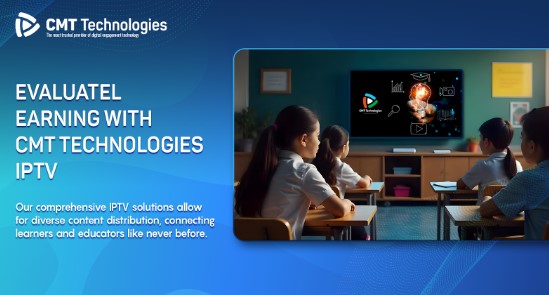
How Does IPTV Work?
IPTV works by transmitting television content via Internet Protocol (IP). The process begins when content, such as a television show or movie, is digitized and sent through an IPTV server. The content is then sent to the end user’s device via an internet connection. Once the user selects a specific show or channel, the IPTV service retrieves the stream from the server and delivers it in real-time.
There are three main types of IPTV services:
- Live IPTV: This service allows users to watch TV shows, sports, and other live content. This is similar to conventional broadcast television, but it’s delivered over the internet.
- On-demand IPTV: With this feature, users can watch pre-recorded shows and movies whenever they choose. This flexibility is one of the reasons why IPTV has become so popular in recent years.
- Time-shifted IPTV: This allows viewers to watch shows at a time convenient for them, without being tied to the original airing time.
- To ensure high-quality streaming, IPTV services often use technologies like video compression, buffering, and adaptive streaming, which allow for smooth playback even in situations with varying internet speeds.
Benefits of IPTV Services
The appeal of IPTV lies in its numerous benefits, which are drawing users away from traditional TV services. Here are some key advantages:
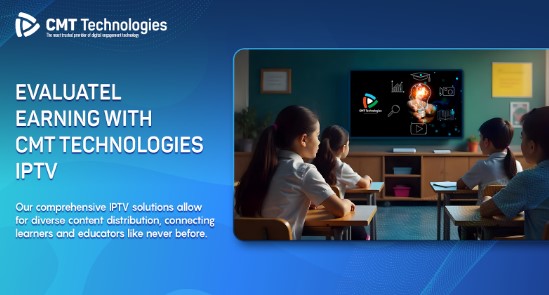
- Cost-Effectiveness: IPTV services typically cost less than traditional cable or satellite TV subscriptions. Since they leverage internet connectivity instead of satellite signals, IPTV services eliminate the need for expensive equipment or installation fees.
- On-Demand Content: One of the most notable features of IPTV is the ability to watch content whenever and wherever you want. With a traditional TV package, users are restricted to a set schedule of programs. IPTV eliminates these restrictions and gives users the power to choose what they want to watch at their convenience.
- Wide Range of Channels: IPTV services offer a broad selection of channels, often including international content that is not available on traditional TV. This global reach allows subscribers to enjoy a more diverse selection of programming, including foreign films, international sports, and niche channels.
- High-Quality Content: IPTV is capable of delivering high-definition (HD) and even 4K content, providing a much higher quality of viewing compared to traditional satellite TV. With increasing internet speeds, users can access superior video quality on their devices.
- Multi-Device Support: IPTV services can be accessed through various devices such as smartphones, tablets, smart TVs, and computers. This gives users the flexibility to watch content from virtually anywhere, as long as there’s an internet connection.
- Interactive Features: Many IPTV services include interactive features such as the ability to pause live television, rewind shows, and fast-forward through commercials. This adds an extra layer of convenience to the viewing experience.
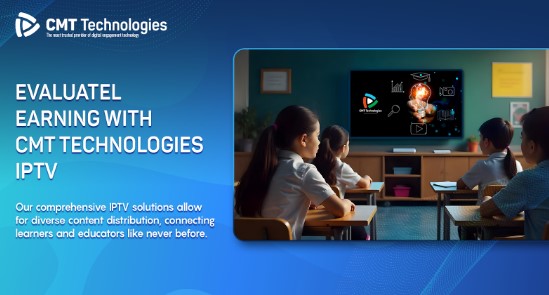
- Customized Packages: IPTV services allow users to create customized packages tailored to their preferences. Users can choose specific channels, genres, or even pay-per-view options that suit their viewing habits.
Popular IPTV Services
Several IPTV services have gained massive popularity across the globe. These services offer a wide array of content, competitive pricing, and excellent user interfaces. Here are some of the leading IPTV providers:
- Netflix: Perhaps the most well-known IPTV service globally, Netflix revolutionized the entertainment world with its on-demand streaming platform. Offering a vast library of movies, TV shows, documentaries, and exclusive original content, Netflix has become synonymous with IPTV. Its user-friendly interface and availability on nearly all devices make it a top choice for many viewers.
- Amazon Prime Video: Amazon’s IPTV service offers access to an extensive range of movies and TV shows, including exclusive original content. Amazon Prime Video allows subscribers to stream shows in high-definition quality, and the service is available across many devices.
- Hulu: Hulu is another major player in the IPTV world, known for offering a combination of live TV channels, on-demand content, and exclusive shows. Hulu also features the ability to stream content from major networks like NBC, ABC, and FOX.
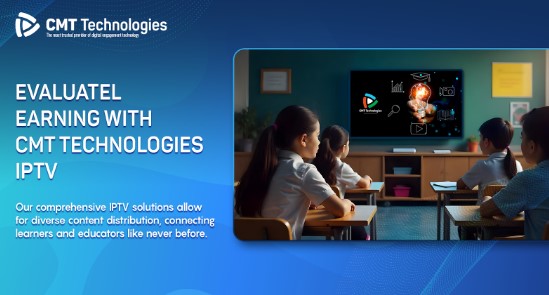
- Sling TV: Sling TV is one of the pioneers in IPTV, providing users with the flexibility of a cable-like service over the internet. With a range of live TV channels and customizable packages, Sling TV is perfect for cord-cutters who want to retain access to traditional television channels.
- YouTube TV: YouTube TV provides live TV streaming, including news, sports, and entertainment, directly over the internet. With an extensive channel lineup and cloud DVR features, YouTube TV offers a great IPTV solution for viewers who still enjoy live television.
- AT&T TV Now: Formerly known as DirecTV Now, this IPTV service offers a variety of live TV channels, on-demand content, and a user-friendly interface. AT&T TV Now’s flexibility and content variety have made it a popular choice for many subscribers.
Challenges of IPTV Services
While IPTV has a lot of benefits, it is not without its challenges. Some of the key issues users and service providers face include:
- Internet Speed Requirements: IPTV requires a stable and fast internet connection to deliver high-quality streams without buffering. If your internet speed is slow or unstable, you may experience interruptions in the viewing experience.
- Content Licensing and Availability: IPTV providers often face licensing restrictions, which can limit the availability of certain channels or content in specific regions. This issue can lead to gaps in content availability for users based on their geographic location.
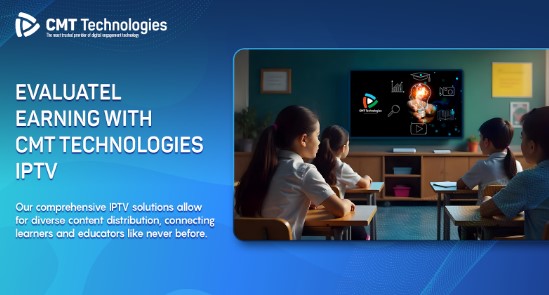
- Device Compatibility: Although many devices support IPTV, there can still be compatibility issues with older devices or certain operating systems. It’s essential to ensure that your device is compatible with the IPTV service before subscribing.
- Piracy and Legal Concerns: The rise of unauthorized IPTV streaming services has led to concerns over piracy and copyright infringement. While legitimate IPTV services are legal, some services that offer unauthorized access to copyrighted content are illegal and can result in legal issues for users.
The Future of IPTV
The future of IPTV looks incredibly promising. As technology continues to evolve, IPTV services will become even more sophisticated and feature-rich. Here are some key trends that are shaping the future of IPTV:
- 5G Integration: With the rollout of 5G networks, IPTV services will benefit from significantly faster internet speeds, which will enhance streaming quality and allow for higher resolution content like 8K.
- Smart TVs and AI Integration: The integration of AI technology in smart TVs will improve the IPTV user experience by offering personalized content recommendations based on viewing habits. Smart TVs will also become more intuitive, allowing users to easily navigate through IPTV services and discover new content.
- Virtual and Augmented Reality: As virtual reality (VR) and augmented reality (AR) technologies mature, IPTV services will begin to incorporate immersive viewing experiences. Imagine watching a live concert or sports event in VR, feeling as if you are there in person.
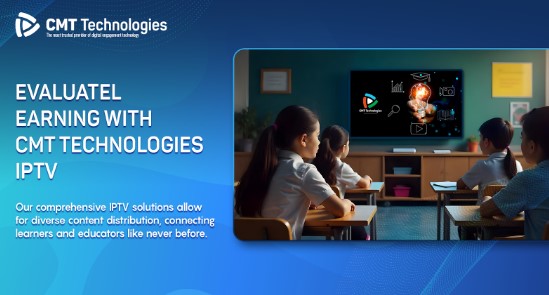
- Cloud-Based IPTV: Cloud technology will continue to play a significant role in the growth of IPTV. By shifting to cloud-based IPTV, providers can offer more flexible and scalable services, reduce infrastructure costs, and improve content delivery.
Conclusion
IPTV has revolutionized the way people access and enjoy television content. By offering on-demand, live, and time-shifted programming, IPTV services provide unmatched flexibility and convenience to viewers. While challenges such as internet speed requirements and content licensing issues exist, the benefits of IPTV far outweigh these limitations. As technology advances, the future of IPTV looks even more promising with innovations like 5G, smart TVs, and AI. IPTV is undeniably the future of television entertainment, offering users an enriched and personalized viewing experience.
For those seeking more information or looking to dive deeper into IPTV services, feel free to reach out to adnan.ahmad@cmt-technologies.com for expert guidance and recommendations.
This article provides a comprehensive and detailed overview of IPTV services, covering key aspects, benefits, challenges, and future trends.

